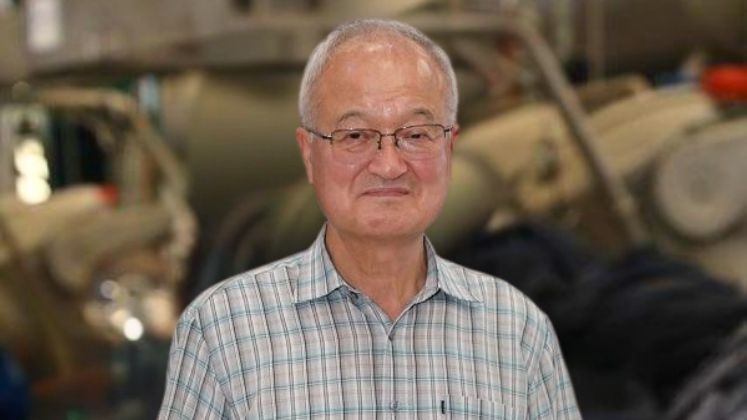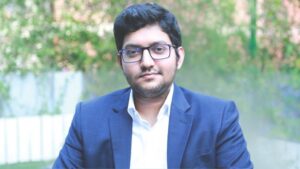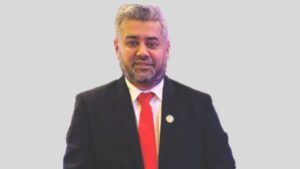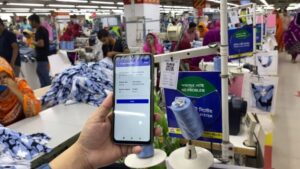
At the Bangladesh Investment Summit 2025 held on 10th April, Kiak Sung, founder of the Korean Export Processing Zone (EPZ), emphasised Bangladesh’s potential to ascend from its current position as the world’s second-largest apparel exporter to the top spot, provided it implements the right strategies and reforms.
In his keynote address titled Bangladesh Moving Forward: Through an Investor’s Lens, Sung outlined several critical areas for improvement. He stressed the need for enhanced technology utilisation, improved worker skills, and the establishment of local production facilities for man-made fibres.
Sung also highlighted the importance of policy support and the expansion of bonded warehouses, which would facilitate quicker access to raw materials, enabling manufacturers to produce and export finished goods more efficiently. He acknowledged recent trade developments, noting that the three-month suspension of the Trump-era tariff policy offers some relief and commended the proactive measures taken by the Bangladeshi government in this context.
He also opined the threat of Vietnam as it rapidly advances with superior logistics, a broader product range, and more efficient trade processes. He noted that Vietnam can ship apparel to the US market at least three weeks faster than Bangladesh, a crucial timeframe in the fast-paced fashion industry where buyers prefer quicker fulfillment of orders.
Despite Bangladesh producing a wider variety of commodities, Sung remarked that the quality of products often lags behind those from Vietnam. He emphasized that buyers are willing to pay a premium for Vietnamese garments, even though labor costs there are 40 to 50 per cent higher than in Bangladesh.
Looking to the future, he warned of the necessity for value-added production, stating, “We must focus on producing high-value garments; otherwise, it will become increasingly difficult to remain competitive in the global market.”






